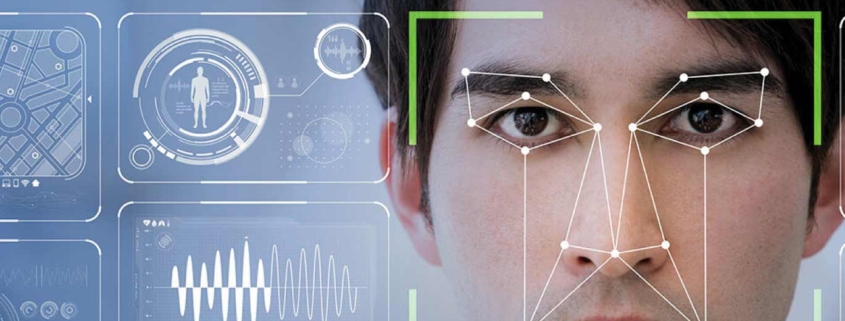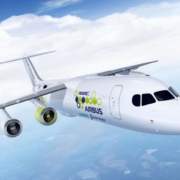Facial recognition technology is increasingly present in our lives, from allowing us to unlock our smartphones, to payment platforms. With just a smile you can pay your bill or tag photos on social networks that when you upload a photo already recognizes the faces of your family or friends allowing you to tag them with a single click.
Now airports are joining this initiative to offer faster, contactless, and, above all, more secure services.

source: https://www.aeropuertos.net/aeropuerto-de-barcelona/
The biometric service at airports has already had some successful trials, but Barcelona Airport is the first to perform a full simulation that allows passengers to pass from the security checkpoint to the inside of the plane without presenting any documentation, which has opened the door to a very promising future for the industry.
The implementation of facial recognition in airport facilities brings with it many benefits including speed, as it is estimated that twice as many travelers can be boarded in the same amount of time as it currently takes to check documents.
Also, it is a simple technology to apply since it only requires readers at each checkpoint and the acquisition of the necessary software for this purpose last but not least the security that would be reinforced for both passengers and airport workers and concessionaires, all the entities involved could benefit from this technology.
Now, the ethical debate is not about the functionalities of this technology because it would undoubtedly be a great step for the development of the aviation industry. The debate is more about the handling of each passenger’s data and the possible vulnerabilities it represents at the time of a cyber attack, we all wonder where this data will be stored. Who will have access to this information? And if the system fails, who will be responsible for this?

source: https://www.hosteltur.com/140746_lufthansa-implanta-la-experiencia-sin-contacto-en-dos-aeropuertos.html
Indeed, there are still many details to be fine-tuned. Still, it has a promising future considering that traveler traffic is increasing every day, which will affect the time invested by users and workers, long check-in queues and long waiting times at airports.
So some surveys have shown that in general terms travelers are willing to share their biometric data if this guarantees them a more comfortable and faster travel experience.
Everything indicates that this technology will be massively implemented very soon and as soon as some details are perfected, so maybe for your next holiday season you will be able to enjoy this.












Leave a Reply
Want to join the discussion?Feel free to contribute!